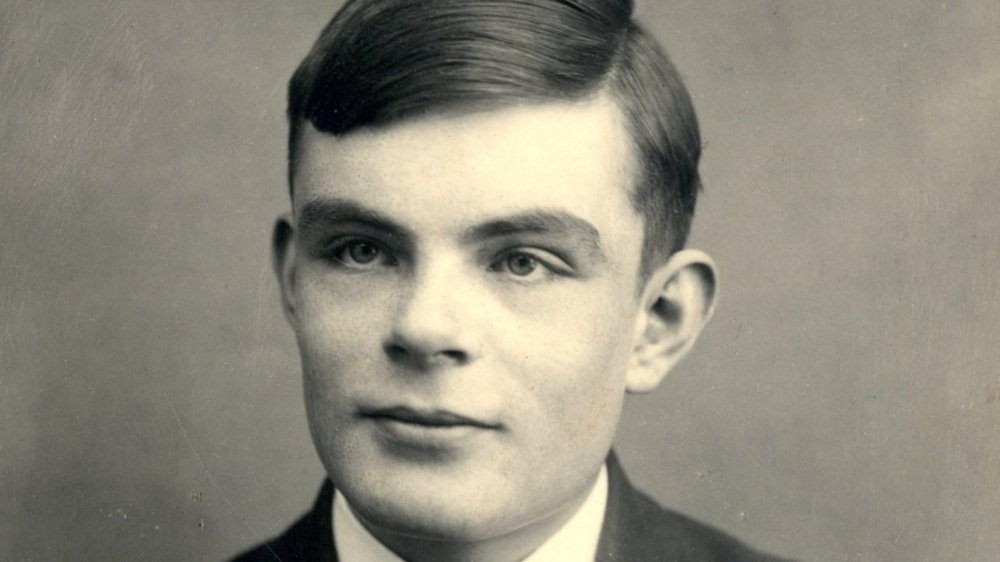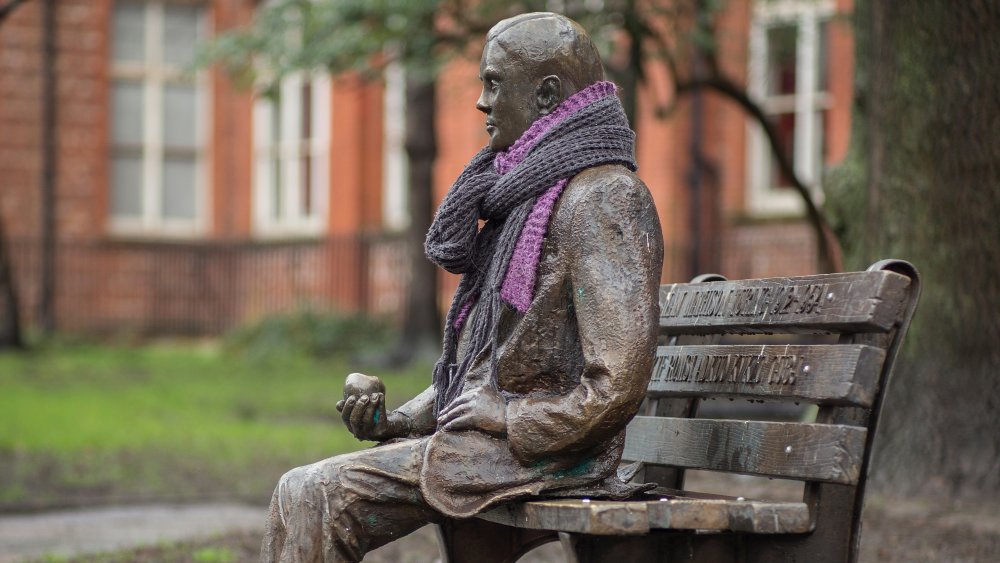Here's How Alan Turing Helped Win World War II
It would be hyperbole to declare that mathematician Alan Turing saved England and won the war against the Axis in Europe during World War II. But there's no question the war would have had a very different outcome if Turing hadn't been where he was, doing what he did, during the time Churchill called "the darkest hours."
Turing was born June 23, 1912, in London, as Biography tells us. By the time he entered his teens he was deeply interested in math and science. He studied at King's College, Cambridge, and his dissertation there earned him election as a fellow of the school. In 1936 he delivered a paper titled "On Computable Numbers, with an Application to the Entscheidungsproblem." He had the idea of a universal computing machine (does this sound familiar?) capable of computing anything that can be computed. Besides the theoretical framework for what became today's computers, he also lay the theoretical framework for artificial intelligence.
He was a bit eccentric. Turing suffered from allergies, says Mental Floss, and so when he rode his bicycle he'd wear a gas mask. Nor was he just about classrooms and notebooks. Turing was a world-class runner in a time when people didn't run if they could walk (and didn't walk if they could ride). As PBS relates, he would often run between the two buildings where he did most of his work. They were 10 miles apart.
A statue in Manchester commemorates Turing
His best marathon time was only 11 minutes off the winning Olympics time that year. He used to explain that he ran to relieve the stress of his job.
Encyclopedia Britannica tells us that in 1938, Turing joined the Government Code and Cypher School. The next year, when England entered World War II, he moved to the wartime headquarters at Bletchley Park, where the top secret work was conducted, says the UK's Imperial War Museum. There Turing and his colleagues worked to break German military codes. The Nazis were using a cypher machine, Enigma, to encode and transmit information securely. Polish researchers had made headway, but the Germans had changed their procedures, making the work even more difficult. Turing helped develop the Bombe — a machine that could unravel the secret codes of the German Enigma machine.
Perhaps his greatest contribution to the war effort was his work specifically on German Naval codes, which were even more complex. The German navy was decimating shipping, sinking supply ships before they could reach England in an effort to starve the country into submission. Turing developed a cryptanalysis technique he called "Banburismus," allowing the Allies to decode German transmissions and avoid submarine attacks. Turing's specific contributions to that effort were instrumental in winning the Battle of the North Atlantic, allowing supplies to reach beleaguered England when the Nazi threat was very real and very imminent. It's hard to say how many lives he saved. Perhaps it's enough to say he saved a nation.

